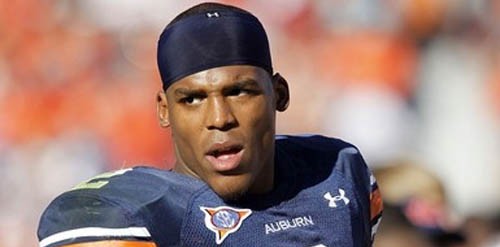The Alabama Uniform Athlete Agents law may soon be modified. Alabama state Senators Gerald Allen and Gerald Dial have sponsored a bill, which has already been approved by the Senate Judiciary Committee, that would change the definition of an “agency contract.” If passed, an agency contract will also be established if a student-athlete authorizes a third party to “negotiate or solicit enrollment at an educational institution.” If this sounds familiar, it is because the concept of broadening the types of actions deemed illegal by third party involvement in negotiations concerning student-athletes is nothing new.
Last year, the NCAA’s Amateurism Cabinet’s introduced a proposal to expand the NCAA’s athlete agent definition to include:
1. Anyone who represents or attempts to represent a prospective or current student-athlete in the marketing of his or her athletics ability or reputation for financial gain; or
2. Anyone who seeks to obtain any type of financial gain or benefit from securing a prospect’s enrollment at an institution or a student-athlete’s potential earnings as a professional athlete.
Also, in July 2011, The Athlete Agent Reform Act of 2011 (a new sports agent law in Tennessee) took effect, which states that “Athlete agent” does not include a parent or legal guardian, unless the parent or legal guardian of the student athlete accepts a form of a financial benefit or gift on behalf of the student athlete.
The NCAA and various states (including Tennessee and now Alabama) are extremely concerned with corking the Cam Newton loophole, which is good to hear so long as proper measures are undertaken.
One thing (which happens to have nothing to do with Cam Newton) that certainly sticks out about the proposed Alabama law is that Senators Gerald Allen and Gerald Dial wish to prevent individuals from becoming certified as athlete agents in Alabama prior to being certified by at least one professional league players’ association. I do not quite understand the logic of such a provision. The state should be proving incentives to drive up registrations to be able to better enforce its regulations. Further, it then unjustifiably restricts agents who are not licensed by a players’ association from recruiting athletes in the state. Would this effectively prevent lawyers who are not licensed by the MLBPA from advising baseball players leading up to and following the MLB Rule 4 Draft? Hopefully concerns about this unique players’ association provision will be addressed in the future.

